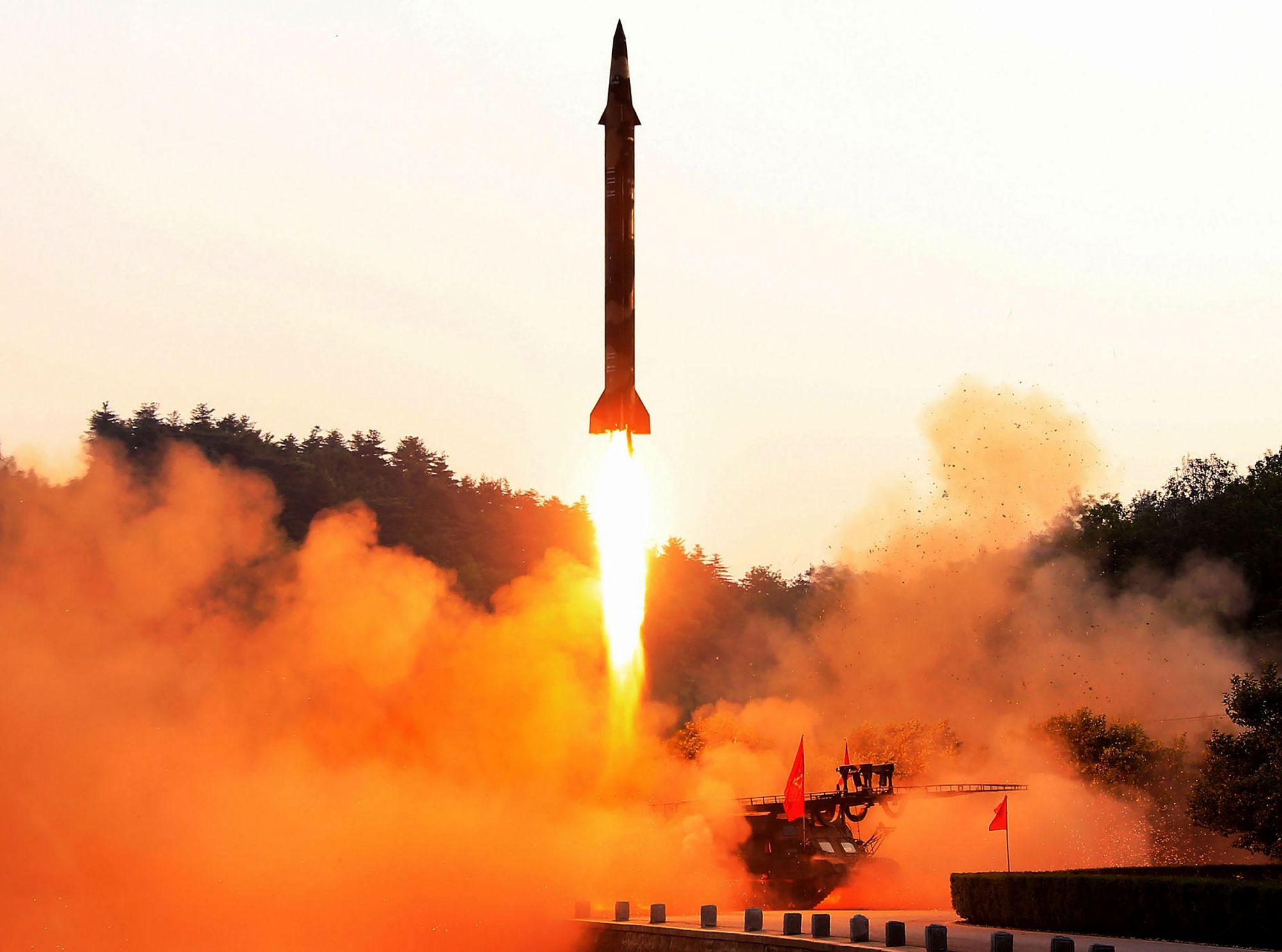The ground-based system of interceptors that the U.S. would use to defend the mainland and Hawaii against a threatened North Korean attack is improving after past setbacks, the Pentagon's testing office said in a new report.
The $36 billion system "demonstrated the capability to defend the U.S. homeland from a small number" of intermediate range or intercontinental ballistic missiles (ICBM) launched "with simple countermeasures," Robert Behler, the Defense Department's new director of operational testing, said in his office's annual report that was submitted Tuesday to top Pentagon officials.
While Behler carefully hedged his assessment, it's more optimistic than past reports by his predecessor about the capabilities of the system, which now has 44 defensive missiles deployed in California and Hawaii, with 20 more planned.

















With your current subscription plan you can comment on stories. However, before writing your first comment, please create a display name in the Profile section of your subscriber account page.